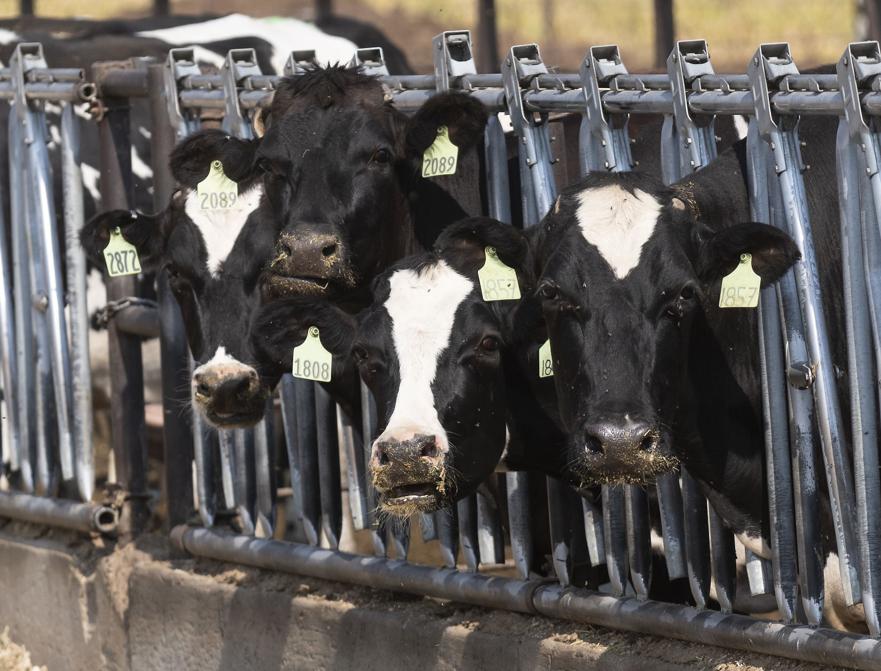
“It’s had an immediate impact,” Idaho Dairymen’s Association CEO Rick Naerebout said. “It’s been a good thing for the dairy industry.”
The food boxes began back in May as part of the Coronavirus Food Assistance Program, which set aside government money to pay for boxes of food which are then distributed to food insecure families. From the start, the dairy industry hailed the program as a win-win, since it helped ailing farmers and processors while getting dairy products that might otherwise have gone to waste to families in need.
Dairy products, especially cheese, have been prominently featured in the more than 132 million food boxes produced so far. The federal government has bought more than a billion dollars of dairy this year, and that intervention has increased demand, in turn leading to significantly higher milk prices.
Since the first food box round began in May, Congress has renewed the program four times. The $1.5-billion fifth round, announced Monday, led to an immediate spike in milk prices that had been falling.
“We were down,” Naerebout said. “If you looked at 2021 (milk) pricing last week, we were down to the point where we were, for a lot of dairymen, right around break even — and for a lot, right below breakeven.”
For a brief period of time this spring, the dairy industry found itself in dire straits. With restaurants closed, demand for cheese, butter and cream fell off a cliff. Without restaurants buying dairy products, processors had to scale back and some Magic Valley farmers had to dump milk.
Since that low point, the Idaho dairy industry has done well financially, for the most part. Government cheese purchases have kept demand and prices strong.
The fifth round could be the last for the COVID-19 food box program, and when it ends the dairy industry will have lost a major buyer. Naerebout said that during the interim period, when government purchases stop, but before the economy returns to its pre-COVID-19 state, milk prices will likely decrease. He said he hopes that window won’t last long, but added it’ll be a good sign when the program’s no longer necessary.
“Hopefully, for the good of the country and everyone’s economic well being, this is the last round,” Naerebout said. “That would be an indication that we’re getting through the impacts of COVID and things are getting back to normal as we’re able to vaccinate the general population. To me, that’s the best of both worlds.”
























